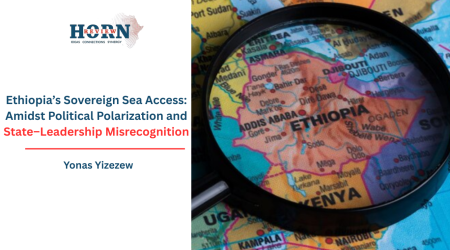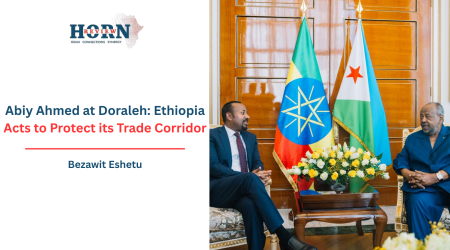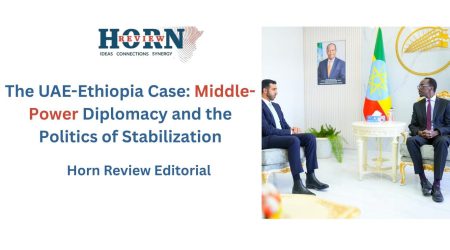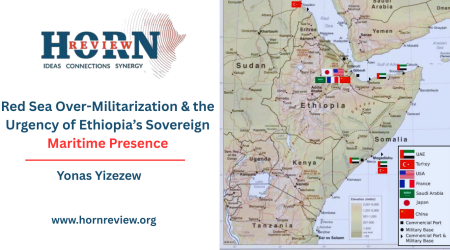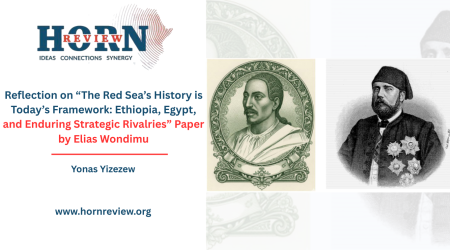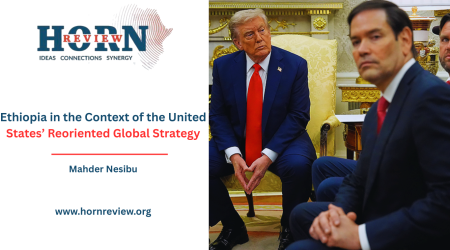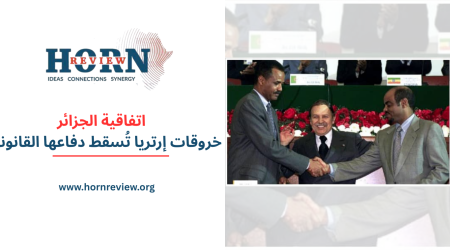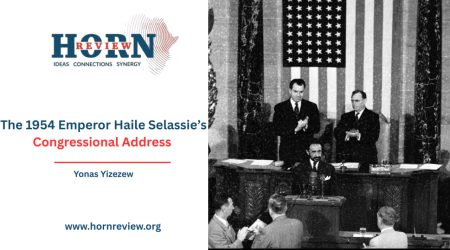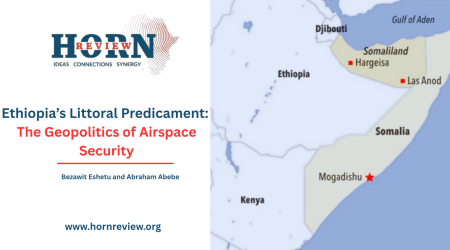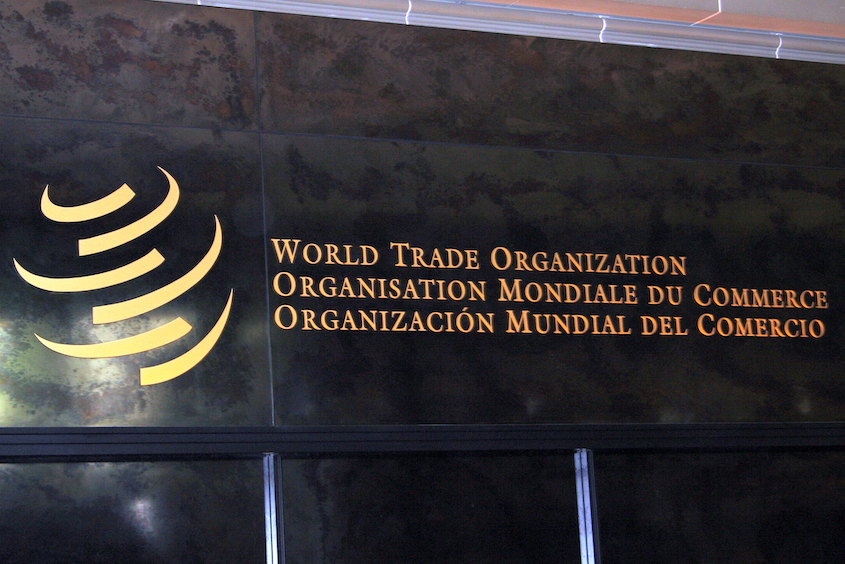
3
Apr
Rules Over Whims: Securing Ethiopia’s Future Through WTO
Ethiopia has been pursuing WTO accession since 1999 and has held observer status since 2003. Holding observer status since 2003 and weathering an eight-year hiatus, the nation’s renewed push for membership is not merely a bureaucratic formality; it is a strategic necessity, a calculated gamble against the capricious winds of preferential trade. The suspension of Ethiopia’s AGOA benefits a stark and brutal lesson in the fragility of unilateral trade agreements and has transformed this pursuit from a long-term goal to an immediate lifeline. Ethiopia’s WTO accession is to ignore the glaring vulnerabilities exposed by the AGOA debacle, a self-inflicted wound that demands a swift and decisive remedy.
The suspension of AGOA, a stark reminder of the precarious nature of preferential trade agreements, has forced Ethiopia to confront its vulnerabilities. Dependence on such arrangements, while initially beneficial, exposes a nation to the whims of political shifts and economic pressures beyond its control. Ethiopia’s leadership understands this. They understand that true economic sovereignty lies not in temporary concessions but in establishing a robust and diversified trade framework. This is where the WTO enters the picture.
WTO accession, in contrast, offers a framework of rules-based trade, a system where Ethiopia’s rights and obligations are enshrined in international law, not subject to the shifting sands of political expediency. It is an investment in predictability, in stability, in the long-term security of Ethiopia’s economic future. The argument that Ethiopia can thrive without this framework, that it can navigate the complexities of global trade through bilateral deals and regional agreements, is a dangerous delusion. The global marketplace is a complex arena where rules matter, transparency matters, and predictability matters. Without the shield of WTO membership, Ethiopia remains exposed, vulnerable to the arbitrary trade barriers and protectionist impulses of its trading partners.
The benefits of WTO accession extend far beyond mere market access. It is a catalyst for domestic economic reforms, a powerful tool for driving institutional change. The process of aligning with WTO standards necessitates improvements in regulatory frameworks, intellectual property protection, and customs procedures, all of which enhance the overall competitiveness of the Ethiopian economy. This is not about surrendering sovereignty; it is about embracing a system that promotes fairness, transparency, and efficiency, a system that levels the playing field for Ethiopian businesses.
Furthermore, WTO membership allows Ethiopia to diversify its export base, moving beyond the perilous dependence on raw materials and low-value-added goods. It opens doors to global value chains, enabling Ethiopian businesses to participate in higher-value activities, to access new technologies, and to attract foreign investment. This is not about chasing short-term gains; it is about building a sustainable and resilient economy, an economy that can withstand the shocks and uncertainties of the global marketplace.
The argument that WTO accession is a lengthy and arduous process, fraught with bureaucratic hurdles and political compromises, is not a reason for inaction; it is a reason for urgency. Ethiopia cannot afford to delay its integration into the global trading system. The longer it waits, the more vulnerable it becomes and the more it risks falling behind its competitors. The time for hesitant steps and cautious deliberations is over. The time for bold action and strategic vision is now.
The suspension of AGOA has provided Ethiopia with a stark and undeniable lesson: preferential trade agreements are not a substitute for robust and diversified trade strategies. WTO accession is not a panacea, but it is a critical step towards building a more resilient and prosperous future. It is a declaration of Ethiopia’s commitment to the rules-based international trading system, a system that offers the best chance for long-term economic growth and stability. To argue against its necessity is to argue against Ethiopia’s own best interests, to perpetuate a cycle of dependency and vulnerability that the nation can no longer afford.
The Horn’s awakening demands Ethiopia’s decisive leap. No longer a peripheral player, Ethiopia stands at a global trade crossroads. The AGOA suspension was not a mere setback; it’s a clarion call. The world’s marketplace is not a charity; it’s a battleground. Ethiopia must forge its shield, its rules-based armor, now. This is not about passive participation; it’s about claiming a seat at the table, shaping global trade. From Addis Ababa’s bustling markets to the Red Sea’s strategic shores, Ethiopia’s ambition must match its potential. This accession is not a choice; it’s a national imperative, a testament to Ethiopia’s resolve to rise, to lead, to thrive on its terms. The Horn watches, the world watches. Ethiopia’s moment is now.
By Bethelhem Fikru, Researcher,Horn Review

